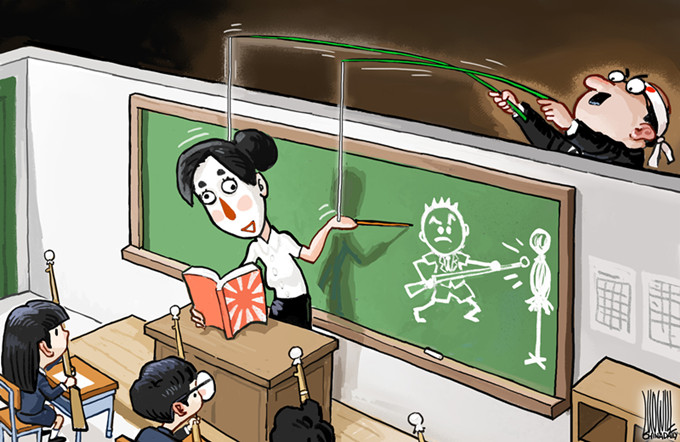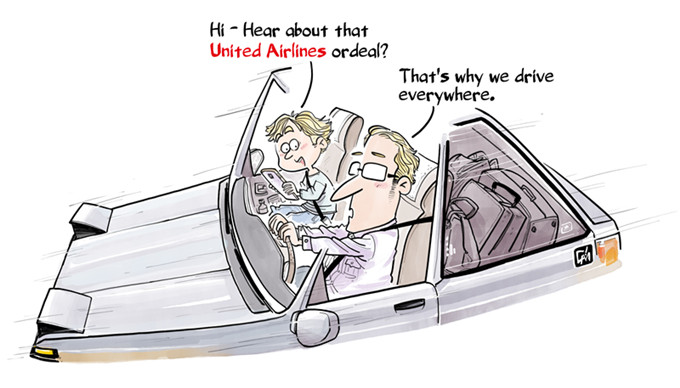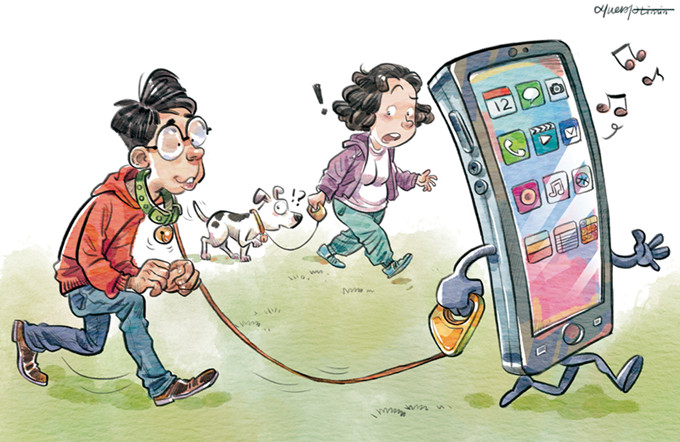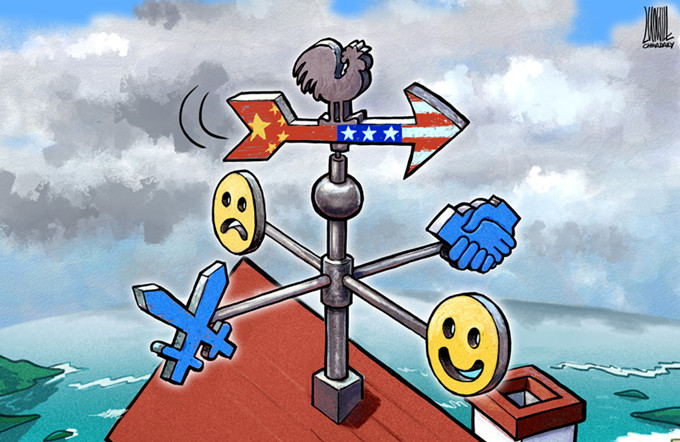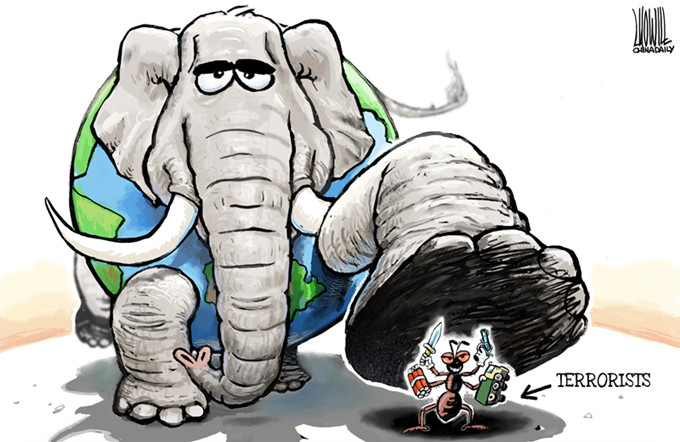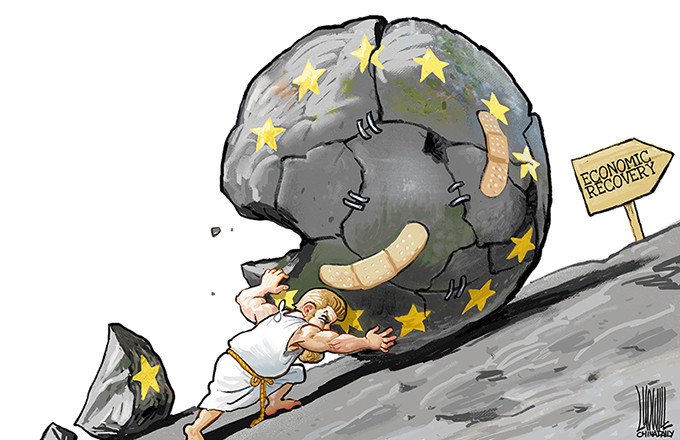Answer on end to ban
Shanghai lawyer Yan Yiming has failed to receive from the National Development and Reform Commission the reply to his request for information, which, as a Chinese citizen, he is legally entitled to.
The lawyer filed an application to China's top economic planner on March 26, requesting information on its decision to lift a decade-long ban on the use of disposable foam plastic tableware. According to the laws and regulations on government information disclosure, he should have been given a detailed reply before last Thursday.
Yan's request is what the public has been calling for since the NDRC issued a document on Feb 26, removing disposable foam plastic tableware from the list of products that should be eliminated, a move that means such tableware will return to the market for use after disappearing for more than a decade. The ban on its production and use was formally lifted on May 1.
Out of concerns that such tableware posed health risks to consumers and caused pollution, the authorities imposed a ban on its use in 1999. Disposable foam plastic tableware was included on the list of products to be eliminated that the NDRC drafted in 2005 and 2011. People are asking what has led to the sudden reversal of the NDRC's decision, and they want to know whether there are now higher standards in place to ensure its safety.
In response to the widespread concern, the NDRC said in March the foam's ability to meet national food-packaging standards and its recyclability were the main reasons the ban was being lifted. These explanations are obviously not enough to ease people's concerns over risks to their health and the environment after the return of such tableware.
In fact, there have been media reports that after the ban was lifted some producers are using lower standards than before for the production of such tableware. This deserves attention from the authorities that have given a green light to its use.
The NDRC owes us a convincing explanation of why tableware that was banned for many years because of safety concerns is now considered safe. After all, there has been no proof of improvements in either the technology or the safety standards.
(China Daily 05/16/2013 page8)




